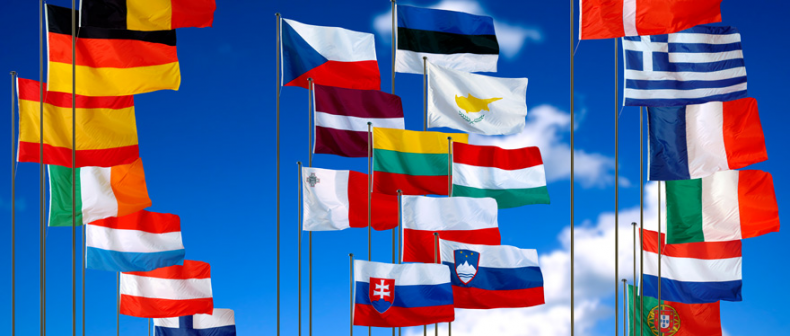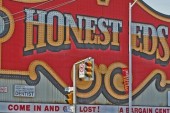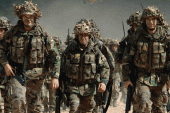
This is the second in a series of five articles focusing on the experience of a Canadian counter-terrorism analyst at a NATO seminar in Denmark, to discuss the future of national security and how NATO intends to respond to emerging threats around the world.
EU Foreign Policy Set to Change
The challenges facing the EU’s foreign policy and how to balance Europe’s overarching goals of integration, economic development and security amidst the Euro Crisis and far reaching political upheaval, are its biggest concern.
With standing commitments to NATO under heavy scrutiny, the EU’s security concerns and operational requirements have produced a serious strain on national security budgets, forcing NATO to do “more with less.” As Europe continues to be engulfed by economic crisis and elections unseat established leaders, the direction of Europe’s economic and foreign policies are set to change, adding additional alarm to EU security as it tries to balance its multiple foreign policy initiatives.
Since the EU is still the largest contributor to international organizations and the largest purveyor of development aid, it is currently at a major crossroads. Despite the fact that it outspends all BRIC countries combined in defence expenditures, it remains highly vulnerable to terrorism, piracy, organized crime, cyber espionage and corruption. As the requirements for development aid around the world are likely to increase, the EU’s foreign aid budget will be under heavy duress as it struggles to balance its books and enhance its collective security.
Enlargement vs. Stability
Having completed accession talks with Croatia, and with Serbia as an official candidate country, the issue of EU enlargement remains a constant concern, particularly since the attitude in the EU is widely characterized by “enlargement fatigue.” Critical to this is the ongoing question of Turkey’s membership in the EU. Europe remains skeptical of this since it would make Turkey the biggest member in the EU, shifting voter capacity and seats in the EU parliament, which would cause a dramatic shift in the economic and power balance in European relations. Both are something Europe is unlikely to consider amidst times of economic crisis and political instability.
Since most countries aspiring to EU membership reside on its Eastern and Southern borders, the EU is wary of further enlargement as it sees colour revolutions, political instability and authoritarian practices persisting along its borders. Moreover, the security concerns of migration waves, organized crime, corruption and instability add to the EU’s desire to avoid further growth, for the time being.
Overlap
Since the EU and NATO are intertwined in their membership and mandate, the concern of overlap has been an ongoing problem for decades. To this day, Cyprus remains the most critical dispute preventing full NATO-EU cooperation. Internal relations in the Balkans are a constant sticking point for integrating South-Eastern Europe and the Euro-Mediterranean Partnership is under further distress due to the continuous upheaval in the Arab World.
As long as solutions or even progress to these overlapping concerns remains elusive, relations will continue to be strained which will likely cause stagnation in the EU’s foreign policy at a time when reform is desperately needed. Failure to adapt and respond to the current and forthcoming challenges facing the EU will deprive European governments of a fuller toolbox when the dust settles.
Conclusions
There is no doubt that the EU is a spider caught in the web of overlapping agendas and contrary interests. With NATO forming the backbone of Europe’s collective security, the question of resolving the Euro Crisis and surviving political turmoil overtakes any concerns of NATO’s budgetary constraints and organizational restructuring. How the EU will juggle these interests remains to be seen, however it is likely that more governments will fall and the crisis deepens before NATO sees more money or equipment.
Despite the concern this may cause in Brussels, London or Paris, it will be music to the ears of Beijing, Tehran and Pyongyang.
—
Jason Wiseman is a Senior Counter-Terrorism Analyst at the Atlantic Council of Canada. He writes about foreign affairs.
For more, follow us on Twitter at @TorontoStandard and subscribe to our newsletter.














